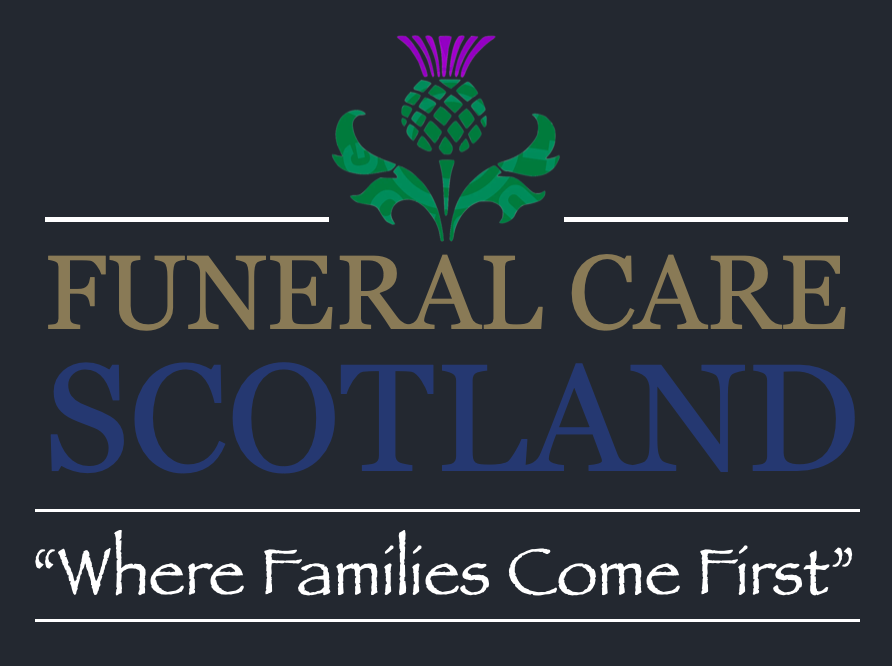Immediate actions
We’re here for you
Making the first call after someone has died is often the hardest thing to do.
We will guide you through all that needs to be done, as what happens differs slightly, depending on where and how a death occurs. 24HR 08004480914 / 01355457161
You can speak with us 24 hours a day, 7 days a week.
A Passing at own residence
In the event of a death at home call your GP or NHS 24 in the first instance (Under certain circumstance's you may have an arrangement to contact the district nurse team). A medical professional should be called to verify death. If the doctor agrees that a medical certificate should be issued, then contact us. When you are ready, we will take the deceased into our care. If the doctor decides against issuing a death certificate, they can, under certain circumstances involve the police and the death may become a matter for the procurator fiscal.

A Passing at Hospital
You may be present when death occurs, or you may be called in after death occurs. In either case the deceased will later be removed to the hospital mortuary. You may be asked by staff if you have made a decision as to whether the funeral is to be a burial or a cremation. This is to allow staff to have the appropriate paperwork drawn up. A death certificate must be issued in every case, however, in the case of a cremation, two further doctors must agree on the cause of death and fill in and sign separate paperwork. We will liaise with the hospital on all of these aspects.
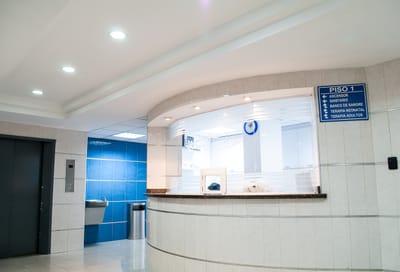
A Passing in Care
In either a nursing home or hospice, when death occurs, usually the attendant staff will contact the undertaker once the doctor has left. In many cases you may well have known in advance that the death was imminent and as such may have given some thought as to what should happen next. Most care facilities do not have a mortuary on site and will call us on your behalf. You may of course stay with your loved one until we arrive, or make your way to the facility to see them before we arrive, at which point we will liase with the care staff and exchange paperwork, before making the journey to our funeral home.
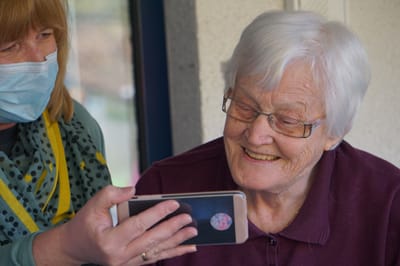
Passing away Suddenly or Unexpected
The Procurator Fiscal (Scotland) is automatically involved if a person has died suddenly at home. If the deceased has not been under a doctor’s care on a regular basis; the emergency doctor, or any police involved, will inform The Procurator Fiscal. At the fiscal’s discretion, a post mortem examination may be required. This can delay the funeral itself, but we can still start the planning process to get everything ready for when the body is released by The Procurator Fiscal.
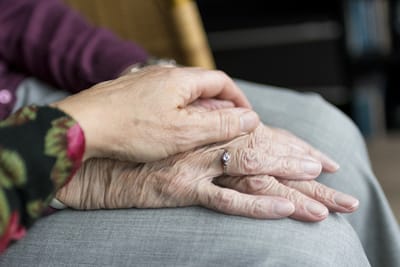
Passing away abroad
If your loved one passes away in the UK but their wish is to be buried to cremated abroad, or they passed away whilst abroad and their desire is to have a funeral in the UK, we can help.
Transferring a loved one between two countries may appear complex, but our many years of experience have helped us develop a network of interpreters, translators and relationships with diplomatic consulates and embassies. However challenging the circumstances may initially appear, we can assure you of the best possible care and support.
Find out more information by clicking HERE
Transferring a loved one between two countries may appear complex, but our many years of experience have helped us develop a network of interpreters, translators and relationships with diplomatic consulates and embassies. However challenging the circumstances may initially appear, we can assure you of the best possible care and support.
Find out more information by clicking HERE

Personalised Advice And Guidance
There’s a lot to consider when arranging a funeral, but we’re here to help you make sure you don’t miss anything out. Our aim is to guide and advise you, not take away your control – your decisions are your own, and we’ll simply help by explaining the many options open to you, so that together we can create a service that does justice to the memory of your loved one.
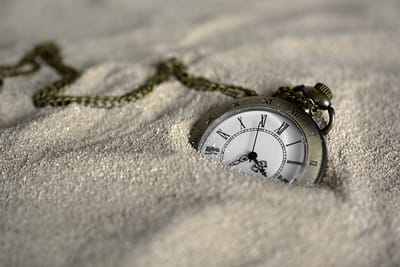
We provide the most affordable funeral options throughout Scotland
Proudly recognised, recommended and awarded as,
"Scotland's Best Funeral Package 2022"
We're available 24 hours 365 days a year
Normal working hours are defined as: 9.00 am - 5.00 pm Monday to Friday. 9.00 am - 1.00 pm Saturday and Sunday by appointment.
Freephone 0800 448 0914 visit us or arrange a home visit
